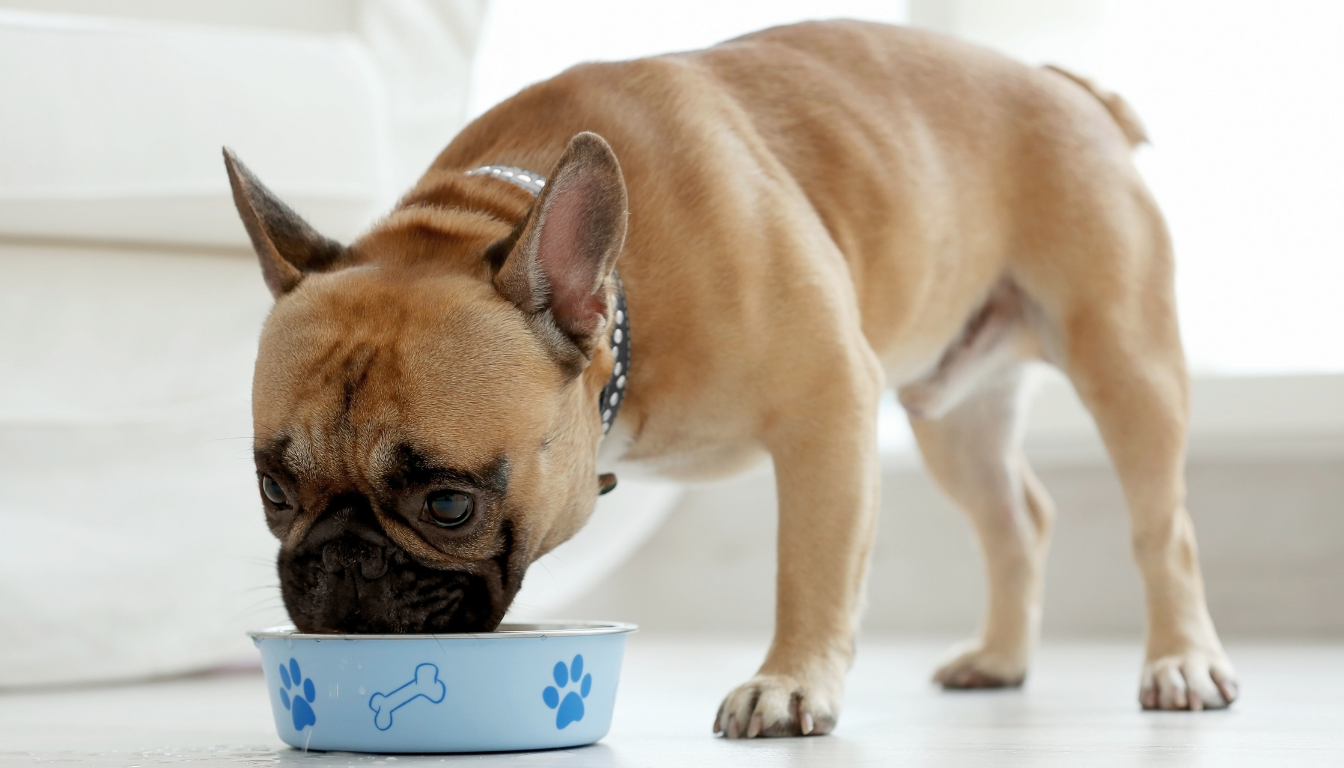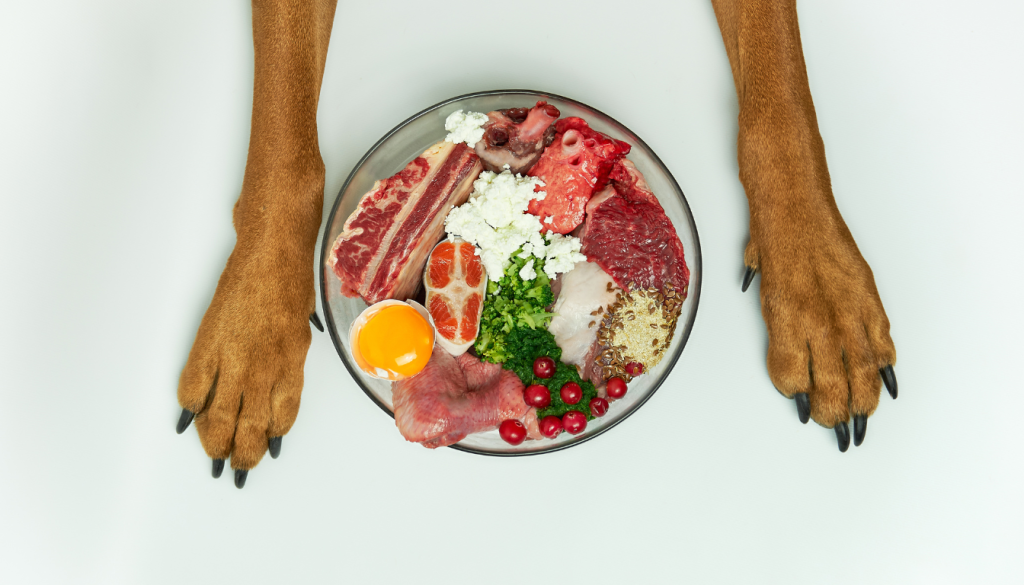Physical Address
304 North Cardinal St.
Dorchester Center, MA 02124

We all want our four-legged friends to be healthy and happy, bouncing around with tails wagging like there’s no tomorrow. But did you know that providing the right nutrients is essential for their overall well-being? Dog nutrition plays a vital role in their health and vitality. Just as humans need a daily dose of vitamins and minerals, dogs have their own set of nutritional requirements to stay in tip-top shape.
Let’s explore the six essential nutrients your furry friend needs for a healthy life and how to incorporate these nutrients into their diet. Get ready for a tail-wagging adventure!
Protein provides the building blocks for healthy muscles, tissues, and organs. Just like we need our daily dose of chicken or steak, our furry pals need a good source of protein in their diet. Whether it’s lean meat, poultry, fish, or high-quality dog food, protein is crucial for maintaining strong muscles and supporting overall growth and development. So, let’s give a round of ap-paws for the mighty muscle builder—protein!
Tip: Mix a spoonful of cooked chicken or lean ground beef into your dog’s regular food to boost their protein intake and make mealtime even more drool-worthy.

Carbohydrates may seem like the villain in some human diets, but for dogs, they are the fuel for adventure! Carbs provide the energy your pooch needs to chase balls, go on long walks, and have a blast throughout the day. From whole grains like brown rice and oats to veggies like sweet potatoes and peas, carbohydrates come in various forms to support proper dog nutrition. They help maintain your dog’s energy levels, support digestion, and keep their tails wagging with delight.
Tip: Cook up a batch of dog-friendly treats using whole grain flour, such as oat or brown rice flour, to give your pup an extra boost of carbohydrates in a tasty package.
Now, let’s talk about fats—the secret to a shiny, luscious coat that turns heads at the dog park! Fats provide energy, insulation, and aid in the absorption of fat-soluble vitamins. Look for healthy sources of fats like fish oil, flaxseed oil, and chicken fat, which are rich in omega-3 and omega-6 fatty acids. These fatty acids promote healthy skin, a sleek coat, and overall well-being for your furry friend.
Tip: Add a teaspoon of fish oil to your dog’s food or give them a small piece of cooked salmon every now and then for that extra dose of healthy fats.
Vitamins keep our pups in the best possible health. From vitamin A for good vision to vitamin D for strong bones, these essential nutrients play a vital role in your dog’s well-being. Most high-quality dog foods are formulated to provide the necessary vitamins, but it’s always a good idea to consult your vet to ensure your dog’s specific needs are met.
Tip: Include some vitamin-rich fruits and veggies in your dog’s diet, such as carrots, pumpkin, and blueberries, to give them an extra boost of superhero power.

Just like vitamins, minerals are mighty helpers that ensure your dog’s body functions properly. The formation and health of bones depend on minerals like calcium, phosphorus, and magnesium, while iron and zinc help the immune system function properly. Although the appropriate balance of minerals is present in high-quality dog diets, it’s always a good idea to double-check with your veterinarian to be sure your dog’s nutritional needs are satisfied.
Tip: If you’re feeding your dog a homemade diet, try including mineral-rich ingredients like bone meal, leafy greens, and organ meats to provide them with the necessary minerals for a healthy body.
Let’s not forget about the ultimate thirst quencher—water! Water helps regulate body temperature, aids in digestion, and keeps all the bodily systems running smoothly for pups. Make sure your furry friend always has access to fresh, clean water throughout the day to keep them hydrated and happy.
Tip: Keep multiple water bowls around the house and refill them regularly to ensure your dog has plenty of opportunities to quench their thirst, especially during hot summer days.

Now that you’re well-versed in the six essential nutrients, you might be wondering how to incorporate them effectively into your dog’s diet. Here are a few tips to help you along the way: